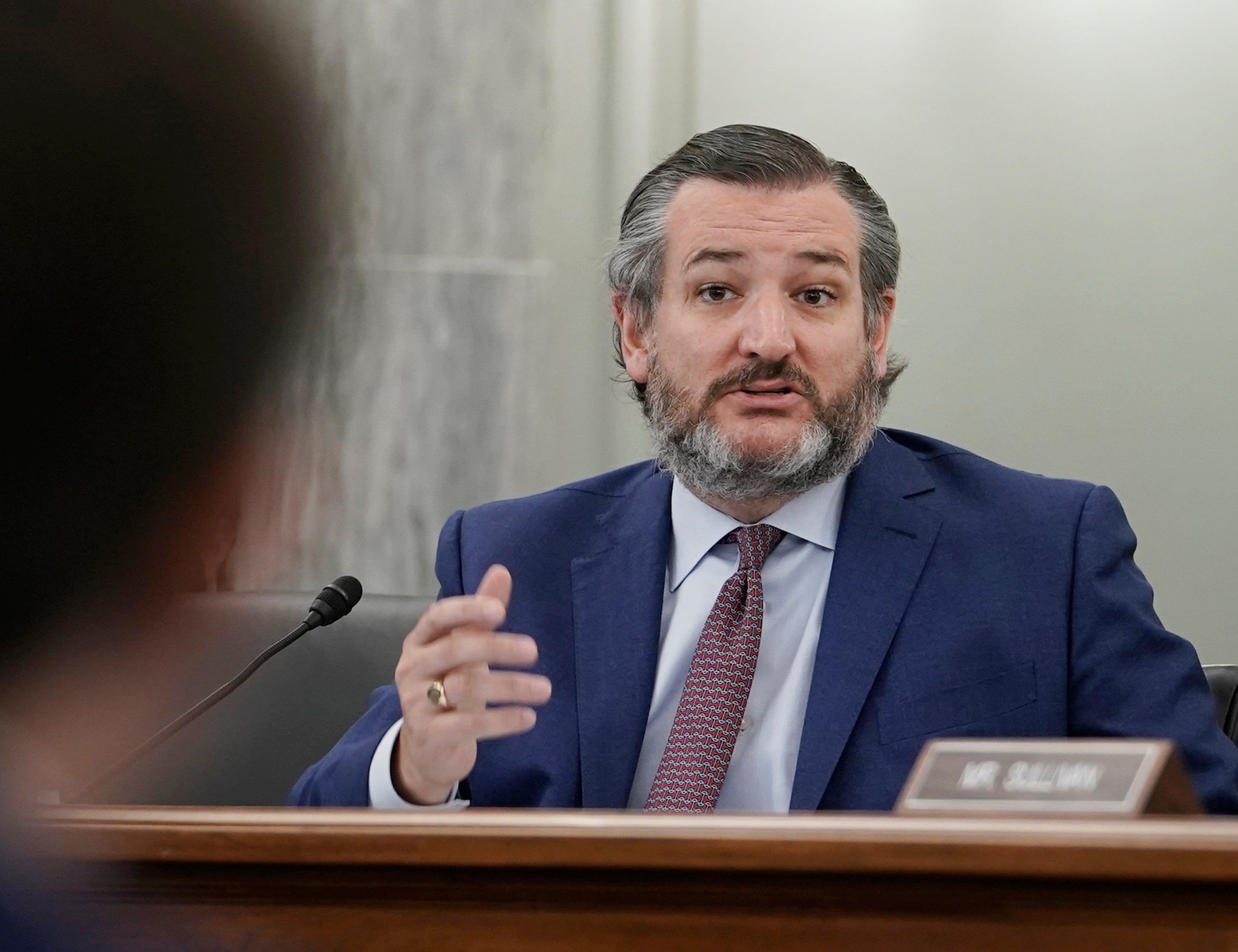
A video of an answer he gave at a town hall lauding the right to kneel during the national anthem (“I can think of nothing more American”) was viewed more than 38 million times on Facebook. He is effortlessly at ease in the way of high school prom kings.

He is, not to put too fine a point on it, kind of hot.Īll of this is to say: O’Rourke is cool. He retains a certain slinky grace, even though his hair is salt-and-pepper now and his day job is in Congress. He was in a band and had a job moving art-gallery inventory. O’Rourke had lived in the Williamsburg section of Brooklyn before it gentrified. And they were opposites in another way that political journalists aren’t supposed to acknowledge outright. According to audio obtained by the New York Times, he reminded them, “How likable is a candidate? That still counts.”Ĭruz and his Democratic challenger, Beto O’Rourke, were dramatic opposites on any number of fronts: politically, certainly, but aesthetically too. When Cruz’s Senate race started to narrow, the White House budget director, Mick Mulvaney, told a closed-door meeting of donors that they had cause for concern. He rubs even fellow Republicans the wrong way. He is one of the few people-outside lower-tier Bond villains-who use the word “indeed” in regular conversation, and without irony.Ĭruz’s meticulous, occasionally condescending demeanor can be off-putting. Cruz appears to have accomplished the opposite: even his off-the-cuff remarks sound as though he’s memorized them. Most politicians rehearse their prepared answers in hopes of giving them the illusion of spontaneity. The sound bite and the canned answer are the building blocks of all political rhetoric, but Cruz’s experience on the debate circuit and in the courtroom (as Texas’s solicitor general, he argued eight cases in front of the Supreme Court) has polished his style to a point of diminishing returns. In Brownwood, he responded to (if he didn’t exactly answer) every question at length and peppered his neatly organized thoughts with references to the Constitution, John Stuart Mill, and, at one point, Les Mis. “Ted was not about responding to anything,” as his debate partner told the New York Times. He was a competitive debater in college and law school-twice winning national titles-and, even in that environment, he was known for his ability to not answer the question at hand. This may have been an accident or a coincidence, but Cruz is notorious for being both deliberate and evasive with his language.

But, in a mirror image of those in the #Resistance who refuse to ennoble Trump with the title “president,” Cruz only called him that. And it’s true-the speech was exactly like one Cruz would have delivered in 2011, right down to one specific detail: he never mentioned Donald Trump by name.Ĭruz recited almost verbatim the same things Trump lists as the administration’s accomplishments: the new tax legislation, reduced African-American unemployment, repeal of the Affordable Care Act’s individual mandate, and Neil Gorsuch’s appointment to the Supreme Court. The woman next to me remarked, “This is the fire in the gut! Like he had the first time!” referring to Cruz’s successful long-shot run in the 2011 Texas Republican Senate primary. They rewarded him with smug chuckles when he pointed out that “Hollywood celebrities” would be hurting over the defeat “for the next fifty years.” His pitch for votes was still an off-the-rack Tea Party platform, complete with warnings about the menace of creeping progressivism, delivered at a slightly mechanical pace but with lots of punch.

In Brownwood, some in the audience of two hundred were still nibbling on peach cobbler as Cruz began with an anecdote about his win in a charity basketball game against ABC’s late-night host Jimmy Kimmel. He was on a weeklong swing through rural central Texas, hitting small towns and military bases that ensured him friendly, if not always entirely enthusiastic, crowds. When I saw Ted Cruz speak, in early August, it was at Underwood’s Cafeteria in Brownwood.


 0 kommentar(er)
0 kommentar(er)
